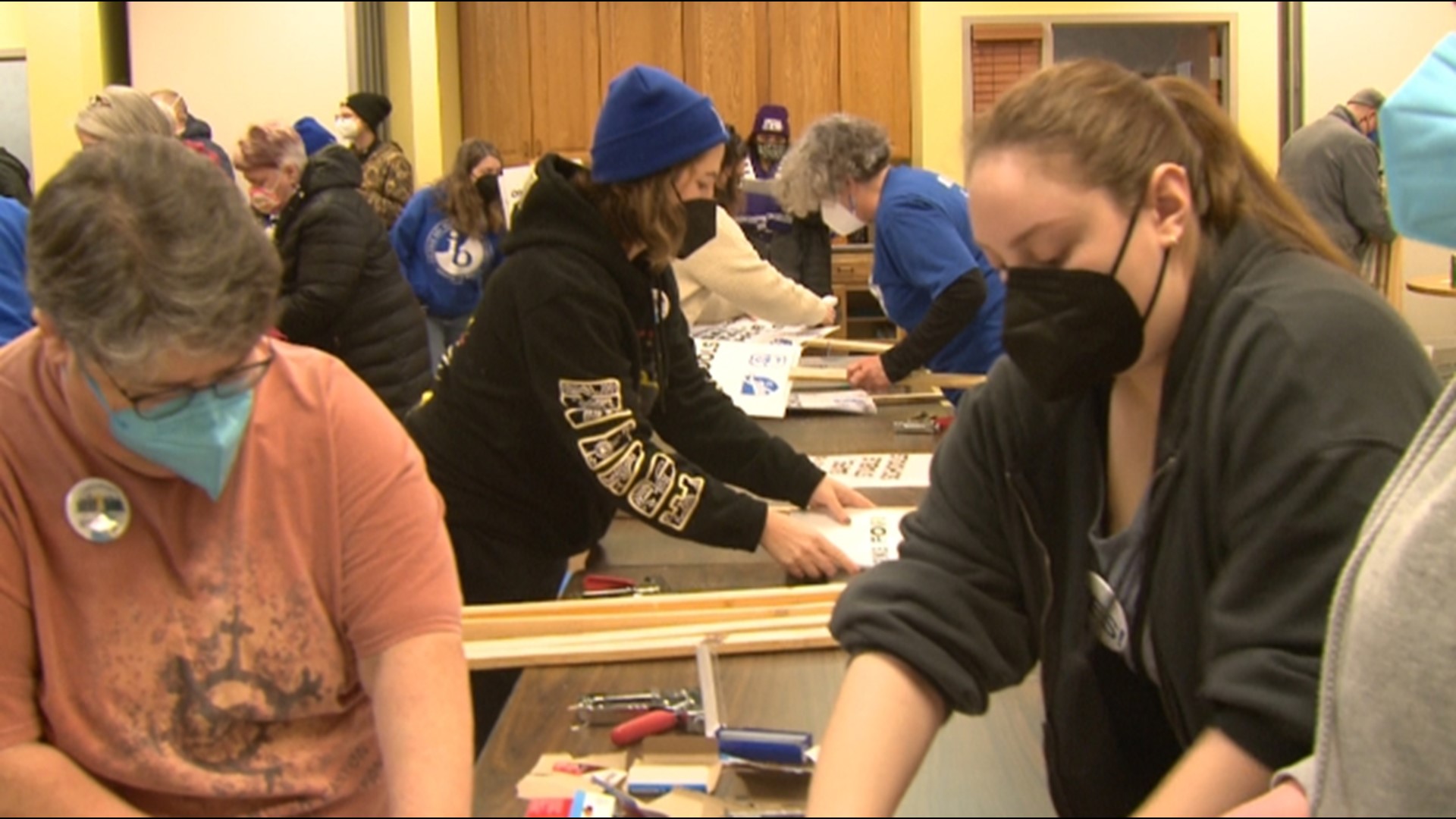MINNEAPOLIS — After weeks of negotiations and final efforts to reach an agreement over the weekend, teachers in Minneapolis Public Schools have officially authorized a strike. Schools closed Tuesday and picketing began at 7:30 a.m.
In St. Paul however, the teachers union reached a tentative agreement with Saint Paul Public Schools Monday night, averting a strike as final negotiations continue.
Teachers in both districts are asking for similar things in their contract negotiations. Here's a look at what they want:
Minneapolis
According to the Minneapolis Federation of Educators, the union representing Minneapolis Public Schools (MPS), the demands from teachers and education support professionals (ESP) can be summed up as wanting "safe and stable schools."
That means:
- A living wage: A pay raise, including increasing starting pay to $35,000 for 90% of ESP, and reduced premiums
- Recruitment, retention of educators of color: Improved working conditions, a living wage for ESP and a support system that responsive and culturally relevant
- Mental health supports: School social workers and school councilors should be at every school site, and the ratio of school psychologists to students should be reduced
- Class size: There should be a limit to how many students should be in each classroom
- Professional time for ESPs: The vast majority of ESP should be moved to 40 hours a week, they should be paid to attend staff meetings and staff and ESP should receive paid time to collaborate
- COVID safety and workloads: A plan for students who are isolating or in quarantine should be in place, and the district needs to have an agreed-upon threshold for any learning transitions based on COVID cases
- Competitive compensation: Licensed staff salaries should be competitive with surrounding districts
More information about the Minneapolis Federation of Teachers and what they're seeking by striking can be found on their website here.
St. Paul
The St. Paul Federation of Educators (SPFE) said that with COVID-relief dollars in the coffers of school districts, investments need to be made in students and the work of educators.
Monday night, SPFE reached an agreement with SPPS on issues around smaller class sizes and increased mental health support. More details on negotiations will be released in the coming days.
Their full list of priorities includes:
- Smaller class sizes: Students can get more personalized attention from teachers and staff
- Increased mental health staffing: Every school should have more staff to help students, especially psychologists, intervention specialists and social workers
- More adults working with students: This allows students to get the one-on-one support they need
- Create culturally affirming climates: Hiring more bilingual educators, focusing on racial justice and increasing anti-racist training and support for educators and will help all students, no matter what they look like or how much money their family has, to succeed
- Reasonable cost-of-living wages: To keep them working in education, educators and education assistants should be paid fair wages
SPFE provides more information about their terms on their website, which can be viewed here.
Teachers and school districts from both Minneapolis and St. Paul were negotiating in 12-hour shifts through the weekend, with a Monday deadline. Had St. Paul authorized a strike, it would have been the first since 2020. This is the first teacher work stoppage in Minneapolis since the seventies.
Food service workers employed by Minneapolis Public Schools also voted to authorize a strike Wednesday, and like educators will need to provide a 10-day notice before any potential strike.

